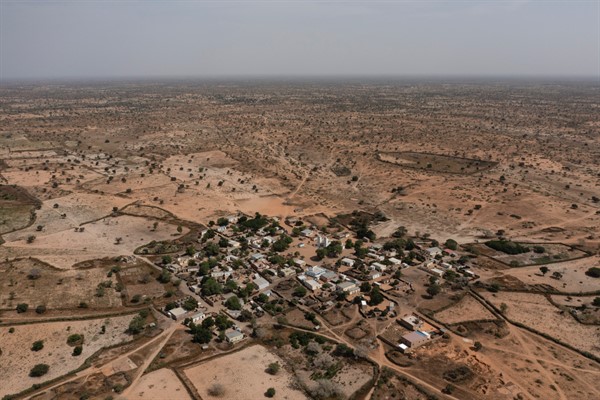At the recently concluded COP26 Climate Change conference in Glasgow, African countries—led by leaders of major continental states including South Africa, the Democratic Republic of Congo and Kenya—made the case for firmer commitments on climate funding from rich, more industrialized nations and a longer timeline on the transition away from coal and other fossil fuels.
One of the major announcements to come out of the summit was South Africa’s “watershed” finance agreement with several Western powers to transition off of coal-burning power plants. But despite the triumphalism surrounding that deal, African delegates generally left the Glasgow summit disappointed that their message of climate justice largely fell on deaf ears. For example, the United States and European Union blocked a facility providing financial assistance to victims of climate disasters, a major proposal presented by developing countries in Africa and elsewhere.
“It’s all talk, but very little to no action is being made,” said Ayakha Melithafa in an interview with Daily Maverick, lamenting the rhetorical inconsistencies and unfulfilled pledges from COP26 and previous climate gatherings. On Nov. 6, the Climate Justice Charter Movement, a coalition of South African grassroots organizations, hosted an “Alternative COP26,” highlighting the exclusionary practices and inequities on display at the Glasgow summit.

